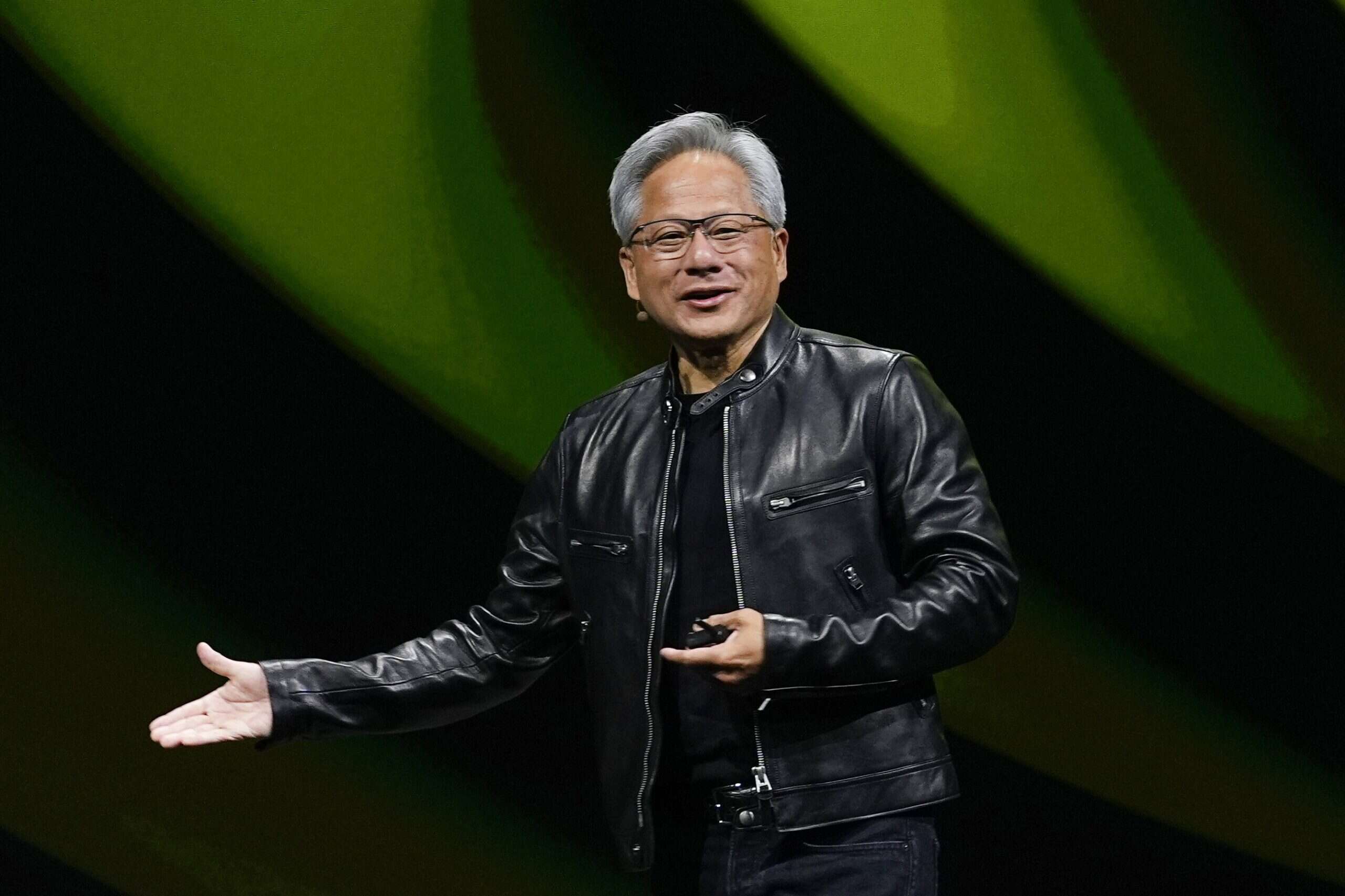Nvidia announced Wednesday that it is expanding its operations in Israel and will establish a 10,000-square-meter (107,639-square-foot) research, development, and engineering site for data centers. The site will center around next-generation artificial intelligence supercomputing infrastructure.

The announcement of the new server farm that the company plans to build near Yokneam represents a vote of confidence in Israeli high-tech, especially given its timing, amidst a 15-month war. The site will begin operations in the first half of 2025 and will support the expansion of Nvidia's research and development activities in Israel. The supercomputing laboratories at the new site will be powered by, among other things, hundreds of Blackwell and Grace Blackwell Superchip systems with liquid cooling, alongside Spectrum-X800, Quantum-X800, and BlueField-3 SuperNIC communication platforms and technologies.
The systems and laboratories at the new site will serve Nvidia's dozens of engineering and product teams in developing new and breakthrough technologies. "Our employees are our most important resource, and we are committed to continuing to invest in them," Amit Krig, SVP software and NIC Product line at Nvidia and the head of its Israeli site, said. "The new research, development, and engineering site will enable thousands of Nvidia employees in Israel and the many employees who will join along the way to continue developing the technologies that drive artificial intelligence, which is the most important technological force of our time."
Nvidia is one of the largest private employers in Israel. Since acquiring Mellanox in 2020, the number of Nvidia employees in Israel has more than doubled, and the company continues to expand with hundreds of open positions at its offices in Yokneam, Tel Aviv, Raanana, Beer Sheva, and Tel Hai.
On Monday, the company responded to President Joe Biden's decision to impose restrictions on chip exports, including to Israel.
"Built on American technology, the adoption of AI around the world fuels growth and opportunity for industries at home and abroad. That global progress is now in jeopardy. The Biden Administration now seeks to restrict access to mainstream computing applications with its unprecedented and misguided "AI Diffusion" rule, which threatens to derail innovation and economic growth worldwide."




